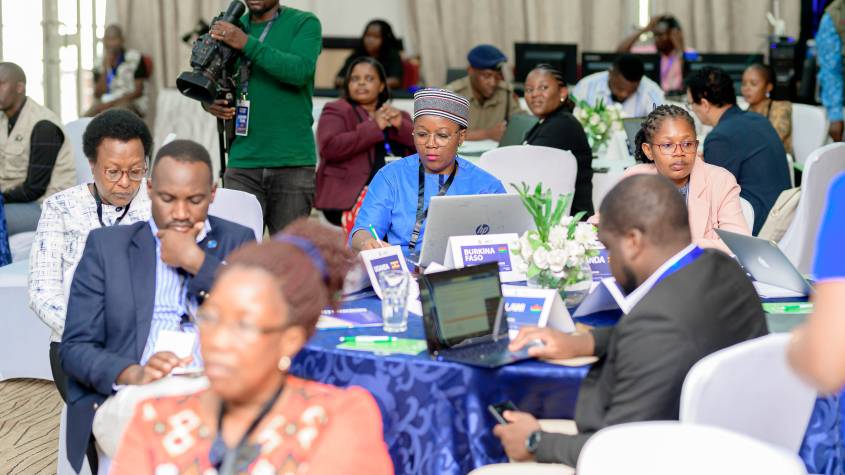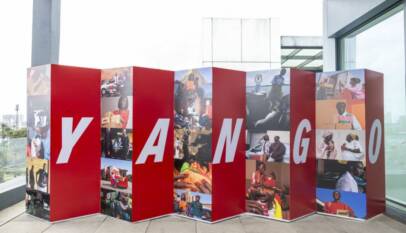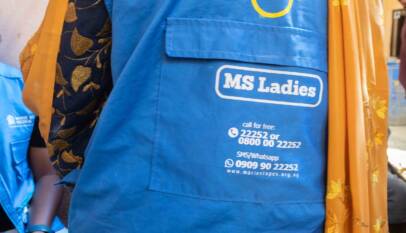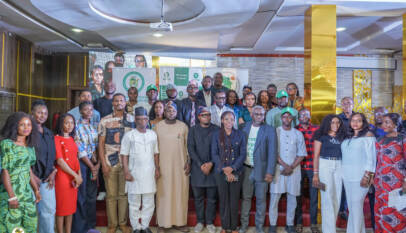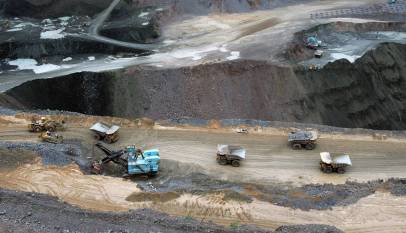From Baku to Belem: LDCs Discuss Climate Financing Strategies
The post-COP29 LDCs Group on Climate Change convening provided a chance for LDCs’ climate negotiators and government officials to reflect on the outcome of COP29 and lay out strategies that ensure the needs of vulnerable nations are fully addressed at COP30.
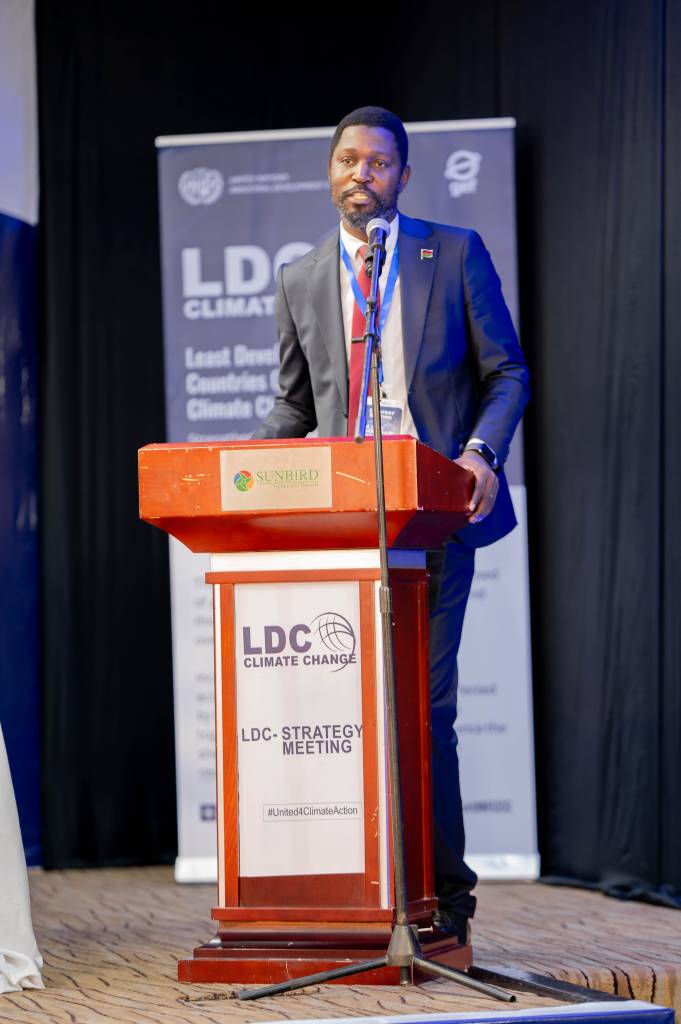
The Least Developed Countries (LDCs) Group was established by the United Nations General Assembly (UNGA) Resolution 2768 (XXVI) of 18 November 1971 as a special support measure to assist Least Developed Countries (LDCs) with low levels of income and facing severe structural impediments to sustainable development.
The LDCs have an average per capita income of below $1088 and a low score on the Human Assets Index, a tool that measures health and education outcomes, including under-five mortality rate, maternal mortality, adult literacy rate, and gender parity for secondary school enrolment. They also have a high score on the Economic and Environmental Vulnerability Index, which measures remoteness, dependence on agriculture, and vulnerability to natural disasters.
The LDCs Group on Climate Change comprises 45 nations spanning Africa, the Asia-Pacific, and the Caribbean, representing over one billion people. LDCs are highly susceptible to environmental and economic shocks and disproportionately impacted by the climate crisis. Hence, they constitute a bloc at UN climate talks, including COP meetings, with the collective aim of advancing a fair and ambitious global response to climate change, one that addresses shared vulnerabilities and strives for equitable solutions.
The 46-member state group, with about 33 countries from Africa, varies in terms of geography, circumstances, and specific needs: some are landlocked, mountainous, some are small islands, and others are in very dry areas. Yet, all are disproportionately affected by the effects of the climate crisis—hit first and worst hit by its impacts—despite being the least responsible for emissions causing climate change.
The group whose current chair is Malawi, is striving for rapid reductions of global emissions, particularly from high emitting countries, as well as advocating for scaled-up and accessible finance and technology to ensure food security, support resilient agriculture, enable transition to low-carbon energy systems, and address the unavoidable loss and damage that the climate crisis is increasingly causing.
It was against this backdrop that the LDCs Group on Climate Change convened in Blantyre City, Malawi, recently for a strategy meeting that brought together climate negotiators and government officials. The meeting reflected on the outcome of COP29 in Baku, Azerbaijan in 2024 and laid out strategies to ensure that the need of vulnerable countries is fully addressed at the COP30 in November, taking place in Belém, Brazil this year.
The group deliberated on ways to access the $300 billion annual climate financing pledged for developing countries at COP29 by 2035 and explored modalities for finalising the roadmap to mobilise $1.3 trillion in climate funding by 2035 for developing countries. The delegates also discussed the need for timely unlocking and effective support from the newly operational fund for responding to Loss and Damage and reflected on the need for more ambitious Nationally Determined Contributions (NDCs) aimed at reducing greenhouse gas emissions in line with 1.5°C pathways and informed by the outcomes of the Global Stocktake.
The Blantyre convening was the first time the LDC Group had regrouped since COP29, during which they advanced work on refining indicators and finalising the framework to track progress towards the Global Goal on Adaptation (GGA). Equally significant was the call for the full operationalisation of the Loss and Damage Fund by the group.
In his opening remarks, Dr Owen Chomanika, Malawi’s Minister of Natural Resources and Climate Change, challenged the delegates to ensure to strategize on how their countries would graduate from being LDCs, which is determined by the gross national income per capita measurement, and the economic and environmental vulnerability index.
“All negotiations should strategise for us to develop in these areas, and to build thriving agriculture, fishing, and forestry sectors in our GDPs. That is why you have gathered here. If you do not do this, you have betrayed our people. All climate finance advocacy should be around the path to development because these countries need to rebuild, strengthen resilience and adapt to the effects of climate change for sustainable development,” Dr. Chomanika said.
In Baku, the LDCs Group’s voice resonated powerfully despite the complex geopolitical headwinds, which helped to secure landmark progress for the world’s most climate-vulnerable countries. There was agreement to triple climate finance for developing countries to $300 billion annually by 2035, while this still falls short of the scale needed—estimated at over $1 trillion annually—it sends a clear signal that ambition cannot be delinked from equity and responsibility.
In her remarks, Ms. Fenella Frost, Malawi Resident Representative of the United Nations Development Programme (UNDP) described the establishment of the Loss and Damage Fund as a turning point in global climate action and a recognition of the lived realities faced by citizens of LDCs, who contribute least to climate change but suffer its worst impacts.
“UNDP is proud to be a member of the Santiago Network, reaffirming our role in providing policy, technical, and programmatic support to countries addressing loss and damage. We remain a committed partner in helping LDCs access the fund and scale their national capacities for anticipatory action, recovery, and resilience-building,” Ms. Frost said.
The UNDP Head in Malawi echoed Dr. Chomanika’s call for the countries to strategise to graduate from poverty through home-grown and financed solutions, including green taxes and climate-smart budget reforms, noting that climate action is not a siloed agenda but integral to poverty reduction, economic diversification, and human development.
“Whilst efforts must be made to secure just and equitable climate finance, it is also important that, in the current global context, we make renewed efforts to seek diversified home-grown solutions to scale up climate finance. We are supporting several countries to leverage such instruments to generate additional resources for climate and development priorities. Similarly, digital technologies and innovation ecosystems can play a transformational role in adaptation, early warning, and sustainable livelihoods, particularly for youth and women,” said Frost.
In her remarks, Otalia Sacko, Project Officer at the United Nations Industrial Development Organisation (UNIDO) reiterated their commitment to the LDCs’ growth noting that it was now time for bold and inclusive action as the Group needs fair, transparent and blended finance models to channel climate funds into uplifting the lives of their citizens.
“But no transformation is sustainable without bold climate action, and no climate action is meaningful without inclusion and collaboration. This is why we are proud to support the LDCs Group on Climate Change to formally establish the LDC Climate Secretariat, under the Strengthening Engagement and Action by the LDC Group on Climate Change” project, funded by the Global Environment Facility (GEF),” Sacko recalled.
Although the LDCs’ contribution to the global greenhouse gas emissions causing climate change is minimal, they are the worst hit in terms of the effects of climate change. Notably, COP29 in Baku, Azerbaijan, set the stage for increased mobilisation of climate financing, including the $300 billion annual climate financing pledged for developing countries by 2035 and the roadmap to mobilise $1.3 trillion in climate funding by 2035 for developing countries.

